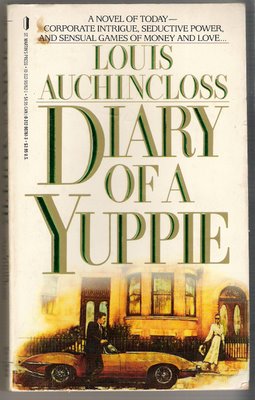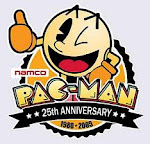Credit cards had, of course, been available in the UK since the 1960s. These were considered terribly posh round my way. Nobody had one, nobody would have qualified to be allowed one, and we thought we'd never have any use for plastic money. Cash point cards might be offered to the middle classes upwards, some astute working class account holders, students and the like, but as most of the working classes had no bank account, did not go to university and had no money, they were no use to the banking system.
Until the late 1980s rolled around.
An announcement from October 1986. The future it now!
Look at these ads from May 1987 - part of a major outdoor poster campaign by Barclays, showing that whilst the cat was already well and truly out of the bag about past innovations, a brand new puss was going to burst upon the scene on June 3. It seems archaic now, but when I started work in 1982, I got paid weekly and in cash. The "pay packet" coming round each Thursday was much looked forward to. I didn't have a bank account. Nobody I knew did. Most of us common-as-muck types didn't. Bank accounts woz "posh".
I opened an account circa 1987, when I began a new job. My employer wanted to pay my salary directly into a bank account.
And in 1988 I gained a Barclays Connect Card. Still have one. Felt very odd and rather wonderful at first. I flashed it around, seeing it as something of a status symbol (I hadn't worked out the difference between credit and debit cards then and must have looked a proper twit!).
Within nine months of its arrival in 1987, Barclays was issuing its one millionth Connect Card, and by 1989 I was rapidly becoming one of the common herd again.
Shame!

























